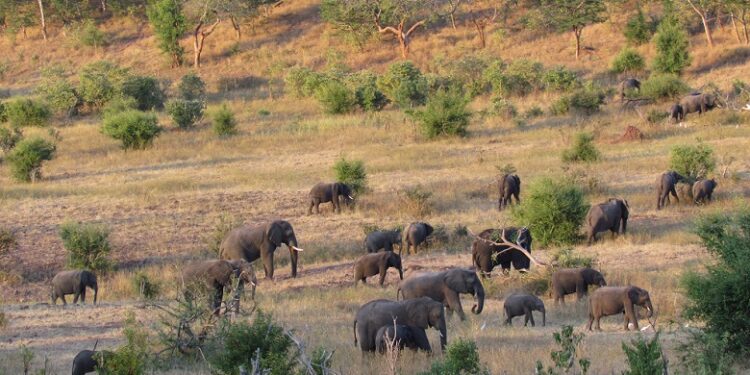While the world is interested in preserving endangered species they don’t share the burden of paying for it according to a study published by the University of Queensland and Griffith University in Australia.
Read More: Era of Interference in African Domestic Affairs Over –Emmanuel Macron
The research assessed 133 countries where 18 different carnivores ranged and found farmers in developing countries like Kenya were more likely to suffer financially compared to countries like the US, Sweden or Norway.
” Lions are very problematic as they kill our cattle at night. The Kenya Wildlife Service usually records our ordeals but it takes so many years for us to be compensated. We thus see no need in reporting the attacks and so we just let the lions eat our livestock,” she says.
Families like Naosha’s don’t just lose an animal when there’s a predator.
She says: “We incur huge losses when the lions kill our livestock. We don’t have any other source of income apart from keeping livestock. Livestock is our main source of food. We can also sell some to enable us to educate our children. Therefore when the lions eat our livestock, we run into huge losses and we lose our sole source of income.”
The author of the study published in Communications Biology was led by Conservation Biologist Alexander Braczkowski. According to Braczkowski the cost of conservation is immense and even raising funds for this falls short.
Setting up a fund to meet the needs of conservation in developing areas and to take care of the communities there will take international support, finance and planning says Braczkowski.
Read More: Nigeria Opposition to Contest The Elections Results
Kenyan conservationist David Mascall says the current system doesn’t work because no governments have been able to pay the cost of compensation. He says as long as local people are being forced to choose between the survival of their families, or the animals , killing the predators will always be the easiest option.









